Search
Did you mean: Xois?
Search Results
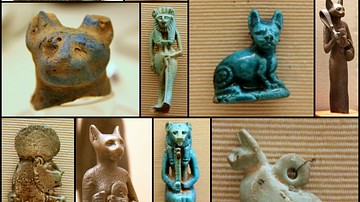
Article
Cats in the Ancient World
Cats and humans have shared in each other's lives for thousands of years and, even though they have not always been regarded as highly as in the present, have played an important role in a number of cultures. Always enigmatic, the cat has...

Article
Legacy of the Ancient Romans
The legacy of the ancient Romans – from both the time of the Roman Republic (509-27 BCE) and the time of the Roman Empire (27 BCE - 476 CE) – exerted a significant influence on succeeding cultures and is still felt around the world in the...
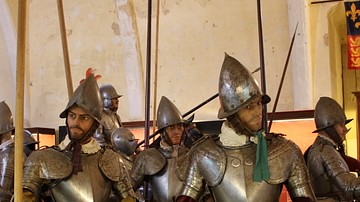
Article
Weapons of the Conquistadors
The Iberian conquistadors ("conquerors") were the first military men to explore, attack, and conquer territories in the Americas and Asia that would then become a part of the Spanish or Portuguese Empire. Indigenous peoples could not match...
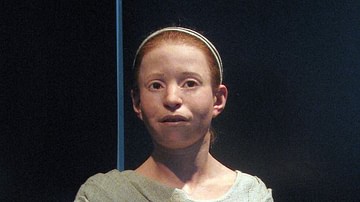
Article
The Plague at Athens, 430-427 BCE
In the second year of the Peloponnesian War, 430 BCE, an outbreak of plague erupted in Athens. The illness would persist throughout scattered parts of Greece and the eastern Mediterranean until finally dying out in 426 BCE. The origin of...
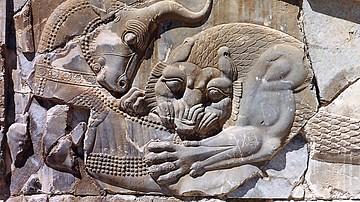
Article
Twelve Ancient Persian Mythological Creatures
The mythology of any civilization reflects its core values, greatest fears, and highest hopes and so it is with the mythology of ancient Persia. The great heroes like Karsasp, Thraetaona, and Rustum express particularly Persian values but...
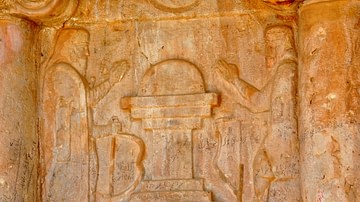
Article
Ancient Persian Gods, Heroes, and Creatures - The Complete List
The term 'mythology' comes from the Greek mythos (story-of-the-people) and logos (word or speech), meaning the spoken story of a people. Every civilization of the ancient world developed a belief system, which is characterized as 'mythology'...
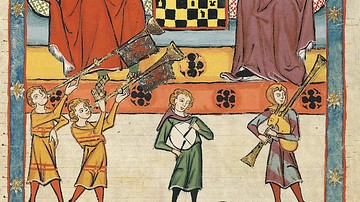
Article
Leisure in an English Medieval Castle
Thanks to their favoured position in life and the labour of the peasants on their estates, nobles in an English medieval castle had plenty of leisure hours which could be frittered away by eating, drinking, dancing, playing games like chess...
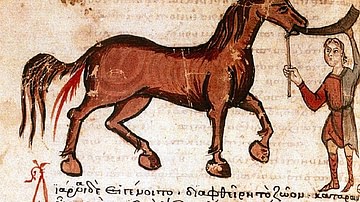
Article
A Brief History of Veterinary Medicine
The English word 'veterinarian' as defining one who provides medical care to animals, comes from the Latin verb veheri meaning “to draw” (as in "pull") and was first applied to those who cared for “any animal that works with a yoke” – cattle...
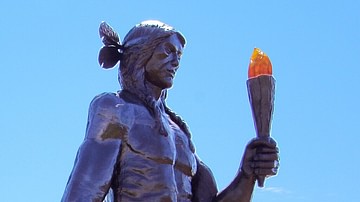
Article
Glooscap Tales
The Glooscap tales are legends of the Eastern Algonquin nations of the Wabanaki Confederacy – the Abenaki, Mi'kmaq, Passamaquoddy, Penobscot, and Wolastoqiyik – featuring the supernatural entity Glooscap, who is depicted sometimes as a god...
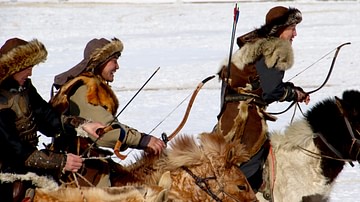
Article
The Nerge: Hunting in the Mongol Empire
The peoples of the Mongol Empire (1206-1368 CE) were nomadic, and they relied on hunting wild game as a valuable source of protein. The Asian steppe is a desolate, windy, and often bitterly cold environment, but for those Mongols with sufficient...